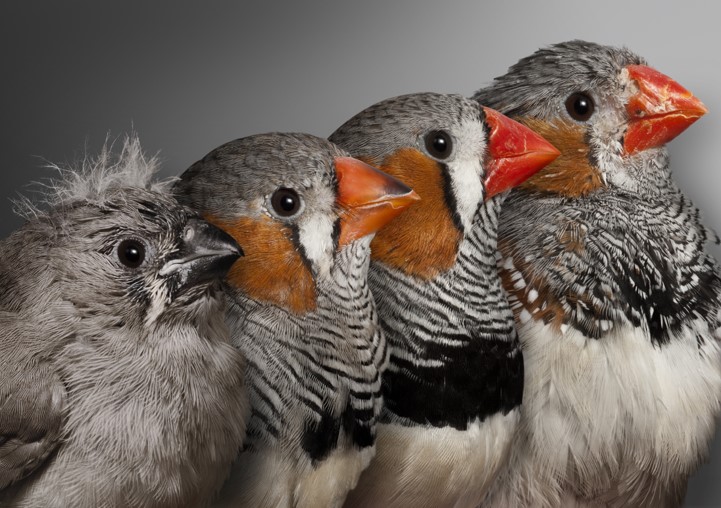Intergenerational and early developmental physiological mechanisms that underlie phenotypic variation
Neil Metcalfe
University of Glasgow, UK
It can seem puzzling why so much intraspecific variation is seen in natural populations: in many cases it is hard to believe that it has no consequences for Darwinian fitness, so why has the variation not been removed by the forces of natural selection? There are several non-exclusive answers to this paradox. One is that different phenotypes are favoured in different (micro)environments, so leading to context-dependent selection (and bet hedging by parents). Alternatively, the variation may be a consequence of conditions or events they or their parents experienced earlier in life. These earlier environmental experiences alter development in ways which may or may not be adaptive (and this is often hard to tell). In this talk, I will highlight some of the physiological drivers that create this non-genetic phenotypic variation. By drawing on our own work and that of others, I will discuss how parental ‘state’ (a deceptively catch-all term that includes factors such as nutritional condition, age, size, stress level, and disease status) can affect offspring phenotype through altered programming of growth, metabolism, mitochondrial function, stress responsiveness, and rate of ageing. These traits in turn can be further modified by the early experiences of the offspring and can have significant long-term influences on offspring performance and fitness. I will outline what we do (and do not) know, and how we might target research to pin down the causes and consequences of parental and early environmental effects on subsequent phenotypic variation.










You must be logged in to post a comment.